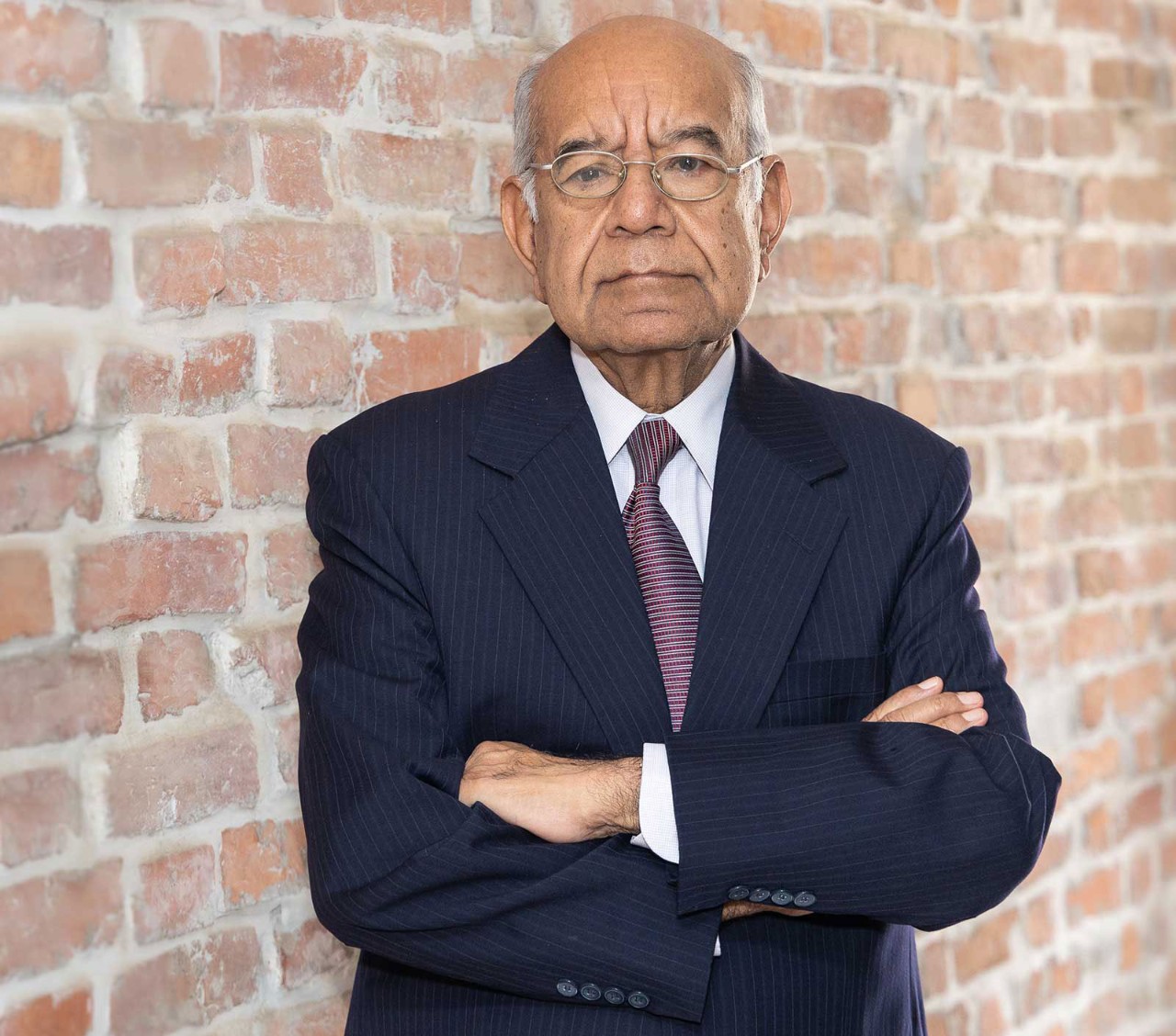Growing up, I watched my father overcome all obstacles to become a successful businessman despite very humble beginnings. I understood from him the significance of financial management, which inspired me to pursue a career in accountancy.
I started out as a trainee in London in 2009, where I gained my ACCA membership, before moving back to Bangladesh in 2014. Since then, I have worked for a number of firms before joining PwC in 2021 as a senior consultant in transfer pricing.

Governments are increasingly aggressive about transfer pricing malpractices
I was determined to build a comprehensive understanding of both financial reporting and how businesses worked. I felt that a career in audit offered a unique insight into business and industry that would help me achieve a strong foundation in finance, so audit was the way to go.
Transfer pricing is a legitimate practice that allows multinational corporations (MNCs) to allocate costs and profits between their various subsidiaries. However, it can also be exploited for illicit purposes and manipulated by MNCs to artificially shift profits from high-tax to low-tax jurisdictions. To address this, governments are becoming increasingly aggressive in their response to transfer pricing malpractices, with the result that many law-abiding MNCs now find themselves subject to greater scrutiny by the authorities. My fear is that this may act as a deterrent for further foreign investment and hinder economic growth. Finding the right balance between greater compliance to increase the tax take and attracting investment from MNCs is central to policy debates.
An active area for our clients is the formation of group transfer pricing policy. They are looking to price intercompany transactions, such as management charges or royalties, in a way that satisfies both local transfer pricing regulation and the country where the entity is based.
The lack of available comparable data is a concern in transfer pricing. It makes determining the price of a transaction potentially challenging due to a lack of information in the public domain.
There’s immense happiness in knowing the long hours I spend finding solutions are valued
What I most enjoy about my job is when I get a note of appreciation from clients. There’s immense happiness in knowing that the long hours I have spent finding solutions have been noticed and valued.
One of my biggest achievements came recently when I played a crucial role in securing a valuable client. After thorough market research I identified the opportunity and made a connection with the client through my networking channels. I was then able to demonstrate to the client the value of our work. It was a pivotal milestone, which gave me a great sense of belief in myself and was the beginning of something new.
My favourite saying is ‘just enjoy the ride’. Whatever the challenges and hurdles, it is imperative that people are fulfilled by their work.
Implemented fully, transfer pricing could be an effective tool to combat money laundering
Bangladesh has been grappling with money laundering for several years, so if I had law-making powers, I would advocate for stronger transfer pricing regulations, which are still at a nascent stage here. The regulations that do exist are also underenforced due to lack of knowledge and awareness among local tax regulators. If implemented fully, transfer pricing could be an effective tool to combat money laundering.
If I didn’t work in finance, I like to imagine I would be part of a legendary punk rock band. Since my schooldays, playing the guitar has been a passion. It brings me joy, providing an avenue for self-discovery and self-expression while also relieving my stress.
In my spare time I enjoy music. I also like learning about world history, politics and current affairs.



